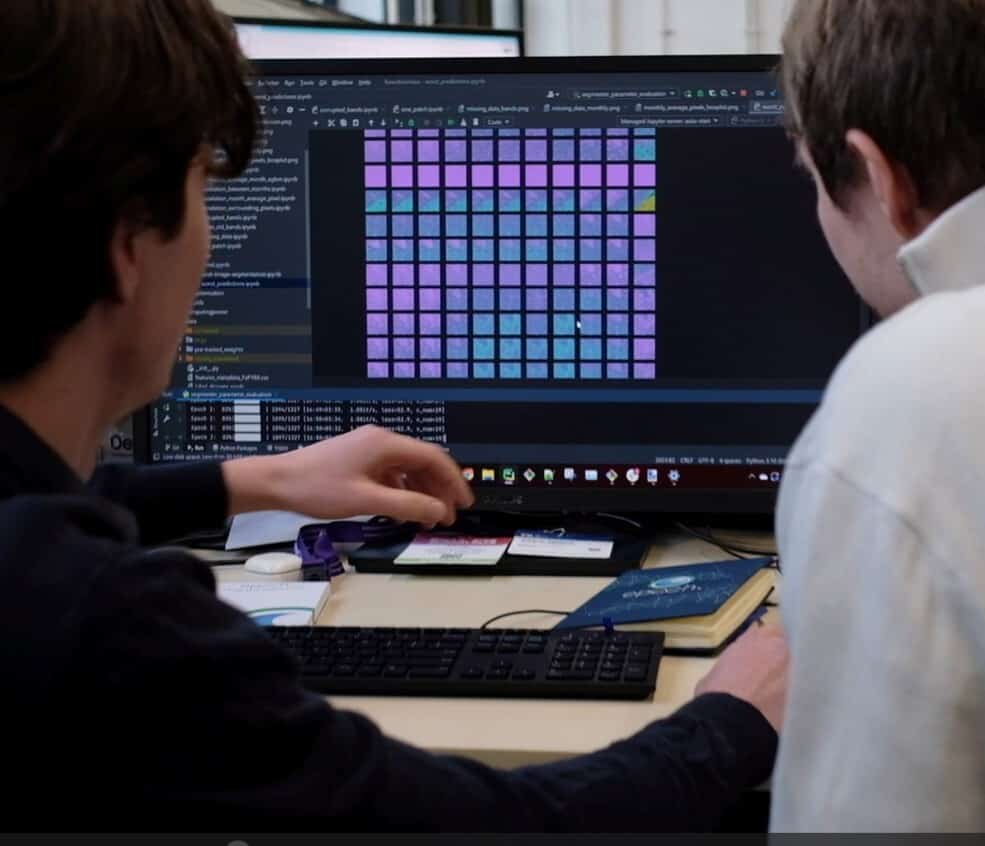
The Netherlands must become Europe’s valorization hotspot. This is the shared ambition of the Dutch universities, university medical centres and the Netherlands Organisation for Applied Scientific Research (TNO). On 1 November, these knowledge institutes are together launching a plan to strengthen the national valorisation ecosystem. The goal is to have an absolutely world-class valorisation system in the Netherlands by 2030. VSNU chairman Pieter Duisenberg: “Society, the business community, students and academics increasingly want to put scientific knowledge into practice. The current ecosystem for this valorisation is too small to handle this demand. That’s why we are jointly taking the next step, so that investments in knowledge and innovation yield even more for the Netherlands.”
Knowledge and innovation as an answer to social challenges
The social challenges facing the Netherlands, Europe and the world cannot be solved without scientific knowledge and innovation. A strong national valorization ecosystem will speed up the process of putting into practice the solutions offered by science. Each euro the government invests in knowledge and innovation generates four euros in return. But this doesn’t happen by itself. A strong valorization ecosystem in which knowledge institutes and the business community work together intensively will ensure that scientific knowledge can be effectively and quickly utilized for our future.
Towards a valorization ecosystem with a solid foundation
With the right choices, the Netherlands can not only join the European top league by the second half of the decade, but even become Europe’s valorization hotspot. Margriet Schneider, chair of the Netherlands Federation of University Medical Centres (NFU): “By 2030, the Netherlands should have a national valorization ecosystem on a par with the world leaders. Since the Netherlands is a relatively small country with a central location, world-class science and an outstanding infrastructure, we have enormous potential. We aim to capitalize on this.”
The Dutch knowledge institutes have set the following three goals to help make the Netherlands Europe’s valorization hotspot by 2030:
- A national, world-class Knowledge Transfer (KT) system. The Knowledge Transfer Offices (KTOs) that provide valorization support to scientists will map international best practices and roll these out in the Netherlands. In the national KT system, knowledge institutes will work together on expertise, education and training, developing a clear division of tasks to effectively tackle social challenges relating to issues such as security, health care and sustainability.
- Strengthen collaboration within the ecosystem. Promote more intensive collaboration between knowledge institutes, investors and businesses to support start-ups, with standardised guidelines on intellectual property.
- Together expand the KTO capacity in a targeted manner. Strengthen the entrepreneurial culture within the scientific/academic sector and set up a process, together with all knowledge institutes, to screen, scout and support spin-outs on the basis of knowledge that can be valorised.
Ultimately, these actions will not only create a better valorization ecosystem. They will also make the Netherlands a more attractive country to set up shop, make our country more attractive to entrepreneurial and research talent, and increase the impact of investments that have already been made, such as through the National Growth Fund.
Where do we go from here?
In the plan presented this week, VSNU, NFU and TO2 (the federation of Dutch applied research institutes) propose a 7-year scheme. Over this period, the existing foundation can be further extended. The first step is to establish which specific enhancements, quality incentives and interventions are required. At the same time, knowledge institutes, regions and partners will be asked to specify their valorization goals. Under the plan, VSNU, NFU and TO2 will in the coming years annually monitor and report on the activities and results of the valorization ecosystem. On Monday 1 November, the plan is being submitted to Focco Vijselaar, Director General for Enterprise and Innovation at the Dutch Ministry for Economic Affairs and Climate Policy.
Also interesting: Our series The Spin-Off from The Spin-Off
Selected for you!
Innovation Origins is the European platform for innovation news. In addition to the many reports from our own editors in 15 European countries, we select the most important press releases from reliable sources. This way you can stay up to date on what is happening in the world of innovation. Are you or do you know an organization that should not be missing from our list of selected sources? Then report to our editorial team.






